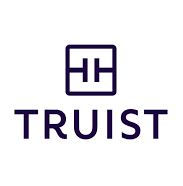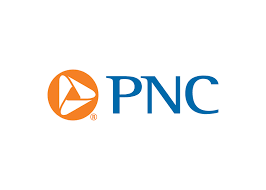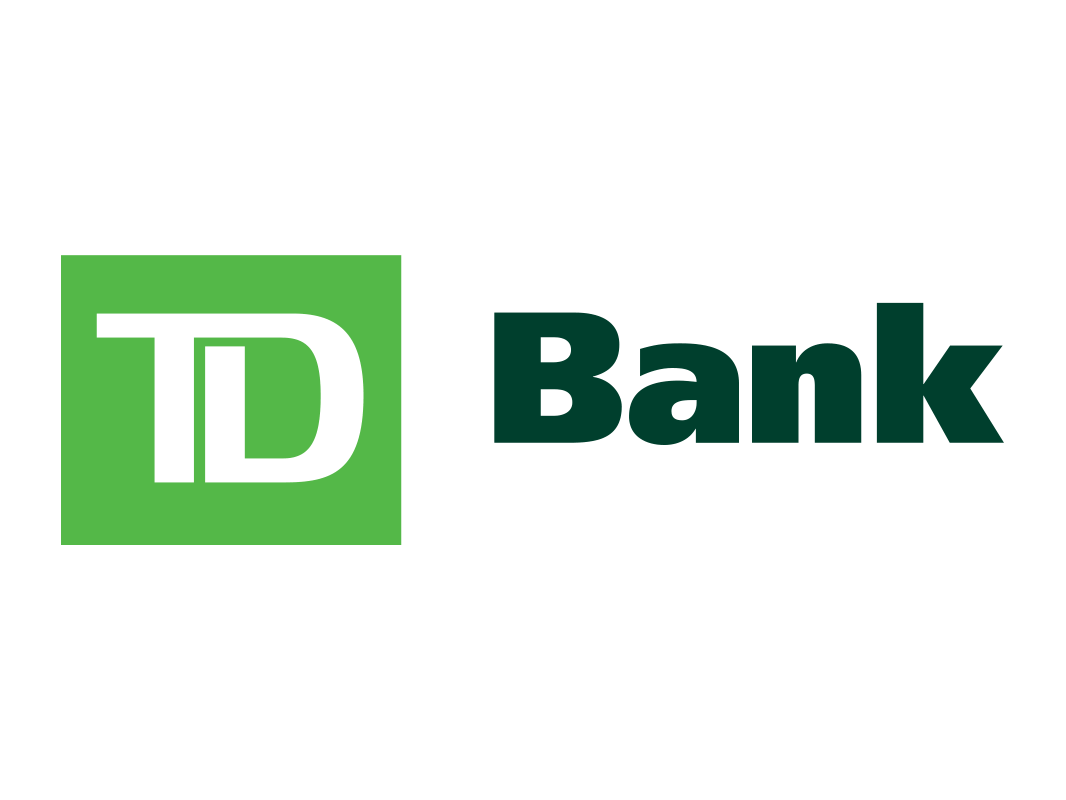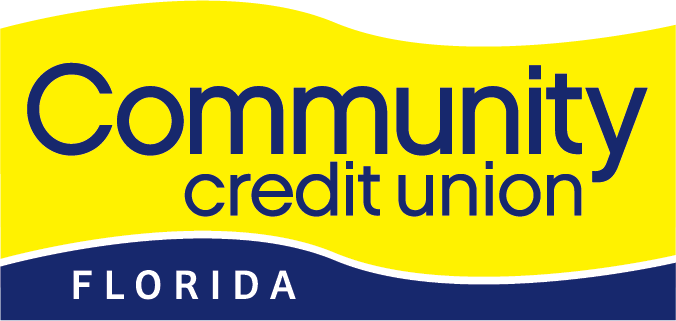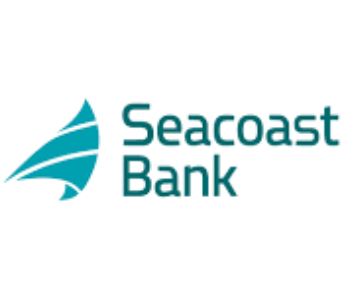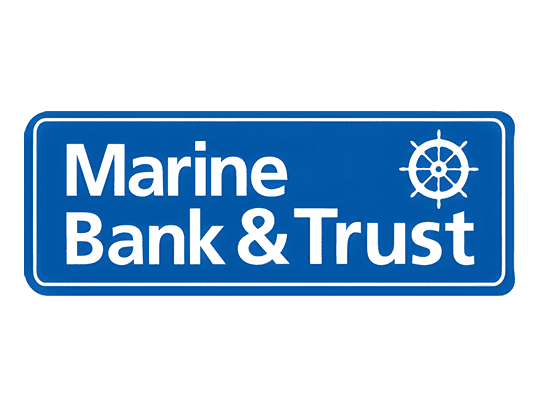Funding Your Business
Your business coach will help you figure out how much money you’ll need to start your business, based on your unique business plan. If you don’t have that amount of cash on hand, you’ll need to either raise or borrow the capital. Fortunately, there are more ways than ever to find the capital you need. weVENTURE Women’s Business Center is committed to helping clients understand their options and make informed decisions.
Types of Funding
Fund your business yourself with self-funding
Otherwise known as bootstrapping, self-funding lets you leverage your own financial resources to support your business. Self-funding can come in the form of turning to family and friends for capital, using your savings accounts, or even tapping into your 401k. With self-funding, you retain complete control over the business but you also take on all the risk yourself. Be careful not to spend more than you can afford, and be especially careful if you choose to use tap into retirement accounts early. You might face expensive fees or penalties, or damage your ability to retire on time—so you should check with your plan’s administrator and a personal financial advisor first.
Get a small business loan
If you want to retain complete control of your business, but don’t have enough funds to start, consider a small business loan. SBA backed loan products are the most common path small businesses take to access capital. While most businesses are ready to apply for a loan when they hit a growth phase after a few years in business, some products are specifically designed to assist with buying a business, equipment, and other up-front costs a start-up business might face.
To increase your chances of securing a loan, you should have a business plan, expense sheet, and financial statements for previous two years or projections for the next five years. Market research and competitive intelligence are also helpful for start-up ventures. These tools will give you an idea of how much you’ll need to ask for and will help the bank know they’re making a smart choice by giving you a loan.
Your weVENTURE WBC business coach can work with you on getting lender ready. Once you have your documents in order, you’ll want to compare offers to get the best possible terms for your loan. Contact local banks and credit unions to request a loan. weVENTURE WBC can also help introduce you to our trusted lending partners.
Read more about the types of SBA Loans on the official SBA website or this brief summary:
Standard 7(a) Loan
The 7(a) loan program is the SBA’s primary program for providing financial assistance to small businesses. The terms and conditions, like the guaranty percentage and loan amount, may vary by the type of loan.
7(a) Small Loan
Maximum loan amount $350K with turnaround of 5-10 business days. Interest rate negotiable
Export Express
The Export Express program provides exporters and lenders a streamlined method to obtain SBA-backed financing for loans and lines of credit up to $500,000. Lenders use their own credit decision process and loan.
SBA Express
Maximum loan $350K. SBA to respond to application within 36 hours. Loans for up to 84 months
Export Working Capital Export Working Capital loans are for businesses that can generate export sales and need additional working capital to support these sales. Lenders review and approve applications and submit the request to the U.S.
International Trade
International Trade loans provide long-term financing to businesses that are expanding because of growing export sales, or that have been adversely affected by imports and need to modernize to meet foreign
Equity capital Investment
Investors can give you funding to start your business in exchange for an ownership share and active role in the company. Almost all investors will, at a minimum, want a seat on the board of directors. So be prepared to give up some portion of both control and ownership of your company in exchange for funding. You may have heard of terms such as “Angel Investors” and “seed funding,” but the most common types of investors are venture capital and private equity Investment. While venture investors generally like to get involved during the start-up phase, so they can maximize returns via growth, private equity investors often prefer to support more established businesses.
Venture capital differs from traditional financing in a number of important ways. Venture capital typically:
- Focuses high-growth companies that intend to operate nationally/internationally
- Invests capital in return for equity, rather than debt (it’s not a loan)
- Takes higher risks in exchange for potential higher returns
- Has a longer investment horizon than traditional financing
Crowdfunding
Crowdfunding raises funds for a business from a large number of people, called crowdfunders. Crowdfunders aren’t technically investors, because they don’t receive a share of ownership in the business and don’t expect a financial return on their money. Instead, crowdfunders expect to get a “gift” from your company as thanks for their contribution. Often, that gift is the product you plan to sell or other special perks, like meeting the business owner or getting their name in the credits. This makes crowdfunding a popular option for people who want to produce creative works (like a documentary), or a physical product (like a high-tech cooler). Crowdfunding is also popular because it’s very low risk for business owners. Not only do you get to retain full control of your company, but if your plan fails, you’re typically under no obligation to repay your crowdfunders.
There are several crowdfunding platforms that help entrepreneurs start a campaign. Every crowdfunding platform is different, so make sure to read the fine print and understand your full financial and legal obligations.
Apply for a Grant
Various organizations offer grants to help fund your business. Grants do not need to be paid back but there may be deliverables required to report back.
Contrary to popular belief, business grants are NOT a common way that small businesses access capital. They are often very competitive, designed to serve specific constituency (hyper-focused on specific location or industry), and they are often only available at specific times or via specific application process. For this reason, business owners should not plan on grant funding as a significant component of your growth strategy.

-240x300.jpg)

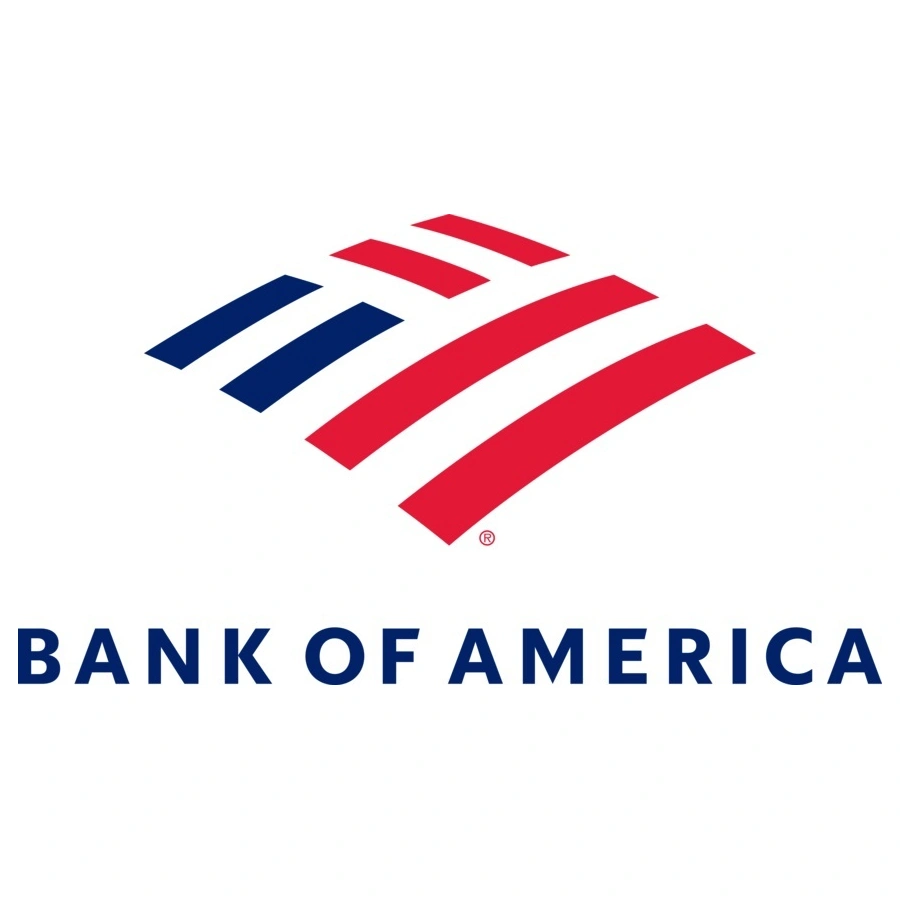
.png)
